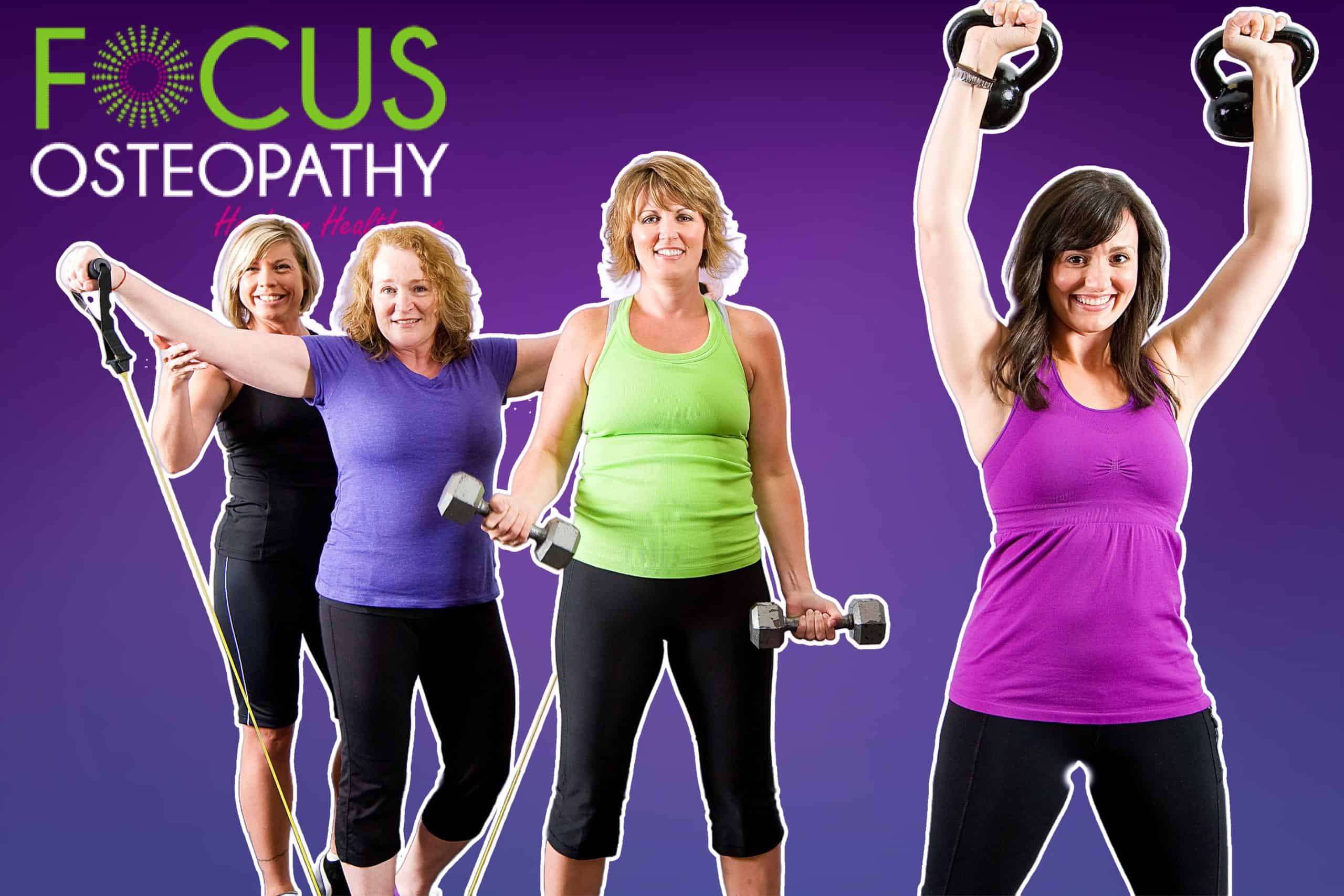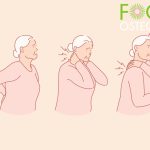
Women’s health is a critical aspect of overall well-being, often requiring a unique approach and understanding to ensure optimal health.
It encompasses more than just the physical; it also incorporates mental and emotional health, which play equally significant roles in a woman’s overall wellness. Proper self-care is not a luxury for women, it’s a necessity.
It’s not just about having pamper days but about recognizing and responding to your body’s needs, be it rest, nutrition, exercise, or mental space.
Neglecting these essential aspects can lead to severe long-term consequences. This blog post aims to highlight three significant aspects of women’s health and provide practical tips on how to maintain them so you can have the confidence you need to feel good every day!
Physical Activity
Physical activity plays a pivotal role in maintaining not just fitness but overall health, especially in the context of women’s health.
Regular exercise goes beyond burning calories and building muscles; it’s about preserving overall well-being and preventing a myriad of health issues.
For instance, regular, moderate-intensity exercise can help keep common aches and pains at bay. It strengthens the musculoskeletal system, improves flexibility and posture, and reduces the risk of chronic conditions like arthritis, thereby ensuring you stay active and pain-free.
Moreover, physical activity has been shown to have surprising benefits for pelvic health. Exercises specifically targeting the pelvic floor muscles, such as Kegel exercises, can aid in preventing urinary incontinence, a common issue among women, especially post-childbirth.
Furthermore, maintaining a strong and healthy pelvic floor is crucial for keeping incontinence at bay and having good abdominal core stability.
Therefore, physical activity is not just a cornerstone of fitness, but a comprehensive health strategy that encompasses an array of physiological benefits.
Getting Plenty Of Sleep
Sleep is often an underrated component of women’s health, especially for women who are balancing the demands of work, family, and personal life. Yet, sleep is a foundational element of holistic well-being, and its importance cannot be overstated.
Studies show that a lack of quality sleep can result in physical health issues, and it can also exacerbate mental health issues like anxiety and depression.
For women juggling multiple roles, the challenge becomes even more prominent. The pressures of caring for children, managing household tasks, or meeting work deadlines often mean sleep is deprioritized, leading to a chronic sleep deficit. This sleep deprivation can have severe implications not just for immediate functioning but for long-term health.
A healthy sleep routine looks like consistently getting 7 to 9 hours of sleep each night, as recommended by the National Sleep Foundation. This sleep should be uninterrupted and of good quality, meaning you wake up feeling refreshed and restored.
Achieving this often requires careful planning and the implementation of good sleep hygiene practices. This means maintaining a consistent sleep schedule, even on weekends, to regulate your body’s internal clock and increase the likelihood of falling asleep and staying asleep throughout the night. It also involves creating a conducive sleep environment, which is quiet, dark, and cool, with comfortable bedding.
Furthermore, reducing screen time before bedtime is critical. The blue light emitted by phones, tablets, computers, and TVs can interfere with your sleep because it suppresses the production of melatonin, the hormone that regulates sleep.
Lastly, consider incorporating relaxation techniques into your pre-sleep routine, such as reading, meditating, or taking a warm bath. These can help signal to your body that it’s time to wind down and prepare for sleep.
Diet And Nutrition
Proper diet and nutrition are pivotal aspects of women’s health, impacting everything from energy levels to overall wellness.
A balanced, nutrient-rich diet is integral to maintaining optimal health and preventing various health conditions.
For instance, foods rich in calcium and vitamin D, such as dairy products, green leafy vegetables, and fortified cereals, are crucial for bone health, helping to prevent osteoporosis.
Iron-rich foods like lean meats and beans are crucial for women, particularly during menstruation, to counter iron deficiency and anemia. A diet high in fruits, vegetables, lean proteins, and whole grains can help maintain a healthy weight and reduce the risk of heart disease.
Moreover, consuming adequate amounts of omega-3 fatty acids found in fatty fish, walnuts, and flaxseeds can support brain health and potentially mitigate mood disorders.
Therefore, maintaining a nutritious diet is not merely about weight management, but it is an essential strategy for preserving all aspects of women’s health.
Looking For Some Women’s Health Advice?
Here at Focus Osteopathy, we know it can be a little scary to take your health into your own hands, but that’s why we’re here!
We want to give people like you help with everything from aches and pains to their nutrition and healthy habits so that you can overcome whatever life throws at you and enjoy every single day feeling healthy and happy.
Throughout September we’re offering you the chance to take the first step to a healthier future with a free women’s wellness assessment. During your free women’s wellness assessment, you will be able to speak to one of our resident osteopaths who have years of experience behind them find out where you need some extra support and lend a helping hand.
If this sounds like the answer to the pain that you’ve been searching for, arrange your free mom-ready assessment by filling in our simple web form or call our Mount Waverley or Murrumbeena clinic at 1300 003 007 and a member of the team will be happy to help!
Other Free Resources For Women’s Health
Are you in the early stages of pregnancy right now? Why not download our free pregnancy-related pain report to get 7 ways to journey through pregnancy including support to empower yourself and your little one to prepare for labour and recover well after birth?
Download Your Copy Of Our FREE Pregnancy-Related Pain Report Here!
Read Our Blog – What Pelvic Floor Exercises Should I Actually Be Doing?

